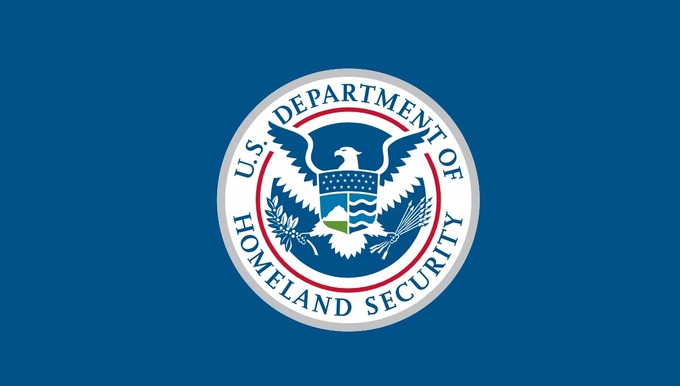WASHINGTON, D.C. — July 6, 2025 — The United States has deported eight foreign nationals to South Sudan, following a weeks-long legal standoff that briefly rerouted the group to Djibouti and prompted widespread legal and diplomatic debate.
The deportees — all men convicted of serious crimes such as murder, sexual assault, and robbery — had either completed or were nearing the end of their prison sentences in the U.S. Only one of the eight is actually from South Sudan. The remaining individuals are citizens of Myanmar, Cuba, Vietnam, Laos, and Mexico. According to U.S. officials, their countries of origin refused to accept them, prompting the government to pursue deportation to a third country.
The move is part of a broader strategy by the Trump administration to expand deportations to third-party nations. The U.S. has already repatriated individuals to countries such as El Salvador and Costa Rica, and negotiations are reportedly ongoing with Rwanda, Benin, Angola, Equatorial Guinea, Eswatini, and Moldova.
A photograph released by the Department of Homeland Security (DHS) and published by CBS News showed the deportees aboard a plane, restrained with hand and foot shackles.
It remains unclear what has happened to the men since their arrival in South Sudan, a country the U.S. State Department warns is plagued by “crime, kidnapping, and armed conflict” and teetering on the brink of renewed civil war. U.S. officials have not confirmed whether the South Sudanese government has taken them into custody.
The deportation saga began in May, when the men were initially flown out of the U.S. but diverted to Djibouti after U.S. District Judge Brian Murphy in Massachusetts issued an emergency order halting the deportation. Judge Murphy argued that individuals being removed to third countries must receive proper notice and an opportunity to speak with an asylum officer.
However, last week, the U.S. Supreme Court ruled in favor of the administration, effectively overturning Judge Murphy’s order. The high court stated that Murphy could no longer require due process hearings in such deportation cases, clearing the way for the removals to proceed.
After the ruling, attorneys sought help from another judge to intervene, but that judge declined, citing Murphy’s exclusive jurisdiction. In response, Judge Murphy acknowledged that the Supreme Court’s decision left him with no legal authority to intervene further.
Following the deportation, Tricia McLaughlin, a DHS spokesperson, framed the outcome as a political victory, saying it represented a defeat of “activist judges” obstructing immigration enforcement.
Earlier this year, Secretary of State Marco Rubio revoked all U.S. visas for South Sudanese passport holders, citing the country’s previous refusal to accept deported nationals. That action paved the way for Thursday’s deportation, despite growing concerns over South Sudan’s ability to safely receive individuals — especially those not originally from the country.
The move marks a significant escalation in the U.S. government’s effort to enforce immigration policy through third-country deportations — a practice that continues to generate fierce debate among legal experts, human rights organizations, and foreign governments alike.






